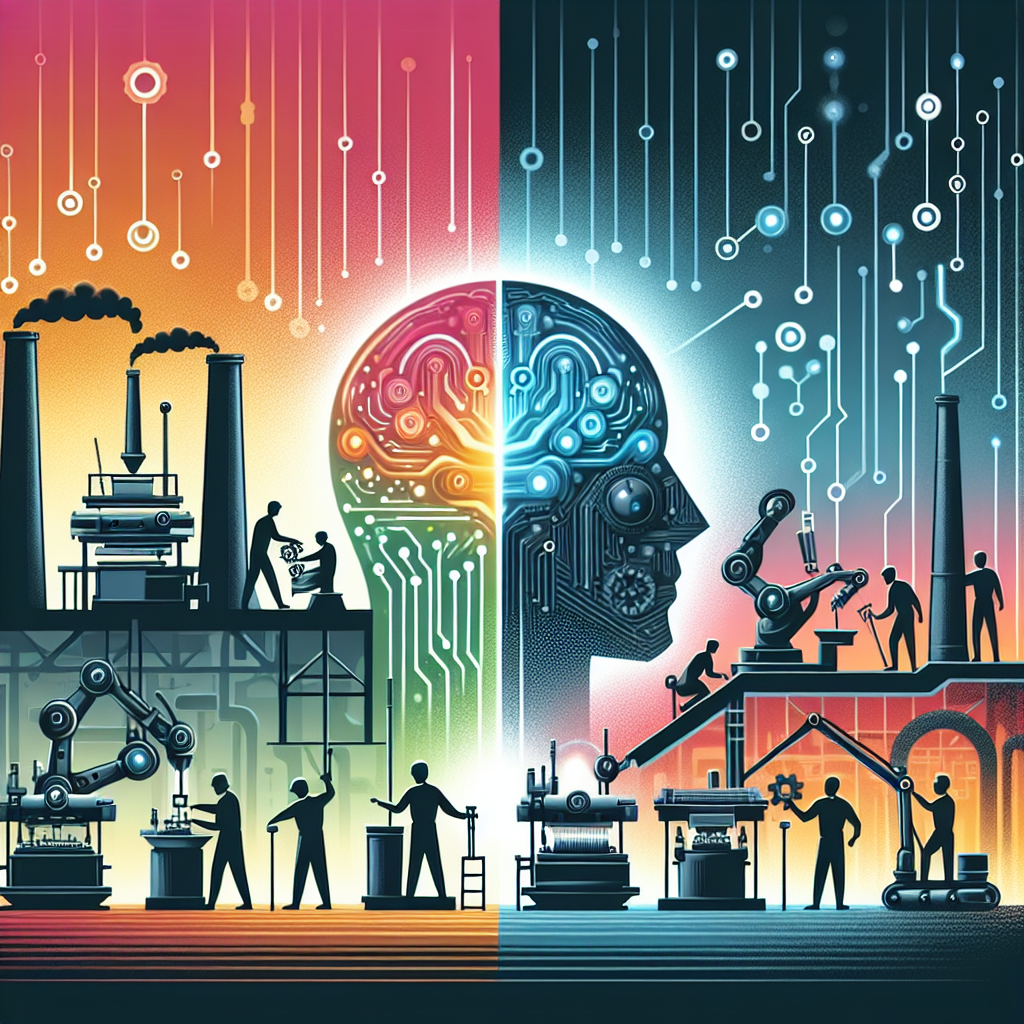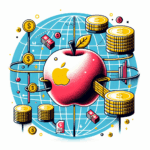For many years, our image of factories was simple. We pictured vast halls. They echoed with the rhythmic clatter of machinery. These were places of tireless manual labor. Repetitive tasks defined the daily grind. Today, a profound transformation is sweeping through these very spaces. It is a quiet but powerful revolution. Artificial intelligence (AI) is the driving force. Factories are now rapidly emerging as leading adopters of cutting-edge AI technology, with a growing number of impactful AI applications in factories. They are becoming true “AI power users.”
This shift is redefining industrial landscapes. It challenges our long-held perceptions. Factories are no longer just production hubs. They are becoming intelligent ecosystems. They leverage data to optimize every single process. This monumental change promises unprecedented levels of efficiency. It also boosts product quality. Innovation flourishes as a direct result.
Beyond the Assembly Line: AI’s Industrial Evolution
The traditional factory image is now largely outdated. Modern manufacturing centers are embracing a digital transformation. This movement is often called “Industry 4.0.” It signifies a new era of industrial interconnectedness. AI stands at the very forefront of this evolution. It pushes factories beyond mere automation. AI injects intelligence and adaptability into operations.
AI systems can learn from vast datasets. They can make data-driven decisions in real-time. This capability moves far beyond simple programmed tasks. It allows for dynamic adjustments. Production lines become more flexible. They can respond quickly to changing demands. This creates smart, responsive manufacturing environments. Interconnected systems share crucial insights. This leads to truly optimized processes.
Precision and Prevention: Predictive Maintenance
One of the most impactful AI applications in factories is predictive maintenance. Industrial machinery constantly generates enormous amounts of data. This includes temperature, vibration, and performance metrics. AI algorithms analyze this complex information. They can identify subtle patterns. These patterns often indicate impending equipment failure. This happens long before a breakdown occurs.
This proactive approach is revolutionary. It allows maintenance teams to act preventatively. They can schedule repairs precisely when needed. This avoids costly and disruptive unplanned downtime. It extends the lifespan of expensive machinery. Businesses save significant resources. They reduce repair costs. They also prevent lost production time. This capability ensures that critical equipment runs smoothly and continuously.
Flawless Output: AI-Powered Quality Assurance
Quality control is absolutely critical in manufacturing. AI vision systems are now performing this role with incredible precision. These systems use high-resolution cameras. They are powered by advanced machine learning models. They can detect even the tiniest defects. Such flaws might be imperceptible to the human eye. This ensures consistent product quality on an unprecedented scale.
AI offers unparalleled accuracy and speed. It inspects every single item meticulously. This drastically reduces the likelihood of faulty products reaching the market. It minimizes waste from rejects. Companies can guarantee that products leaving their factory floor are in perfect condition. This boosts brand reputation. It significantly enhances customer satisfaction. It truly sets a new standard for quality.
Optimizing Every Link: Production and Supply Chain
AI’s influence extends throughout the entire manufacturing ecosystem. It optimizes complex production flows. It analyzes energy consumption patterns. It ensures efficient material usage. Beyond the factory floor, AI revolutionizes supply chain management. It enhances demand forecasting accuracy. This helps businesses anticipate market needs more precisely.
AI algorithms optimize logistics routes. They streamline inventory control. This minimizes warehousing costs. It also prevents stockouts or overstocking. This comprehensive optimization reduces operational costs. It enhances responsiveness to market fluctuations. It fosters greater efficiency across the entire value chain. Every step, from raw material to finished product, becomes smarter.
The Human-AI Partnership: Augmenting the Workforce
Concerns about AI leading to widespread job displacement often arise. However, in manufacturing, AI frequently acts as an augmenting force. It empowers human workers. AI excels at automating repetitive, mundane, or dangerous tasks. This frees up human employees from strenuous labor. They can then focus on more complex, creative, and higher-value work. This includes problem-solving and innovation.
New roles are emerging for managing and maintaining AI systems. Employees are upskilling to work alongside intelligent machines. This collaboration leads to improved safety in the workplace. It also fosters a more engaging and intellectually stimulating environment. The human element remains vital. AI simply provides powerful new tools and insights.
The Future of Industry: Smart, Efficient, AI-Driven
The manufacturing sector is undergoing a profound transformation. Artificial intelligence is not merely a tool. It is a powerful catalyst. It drives unprecedented levels of efficiency. It fuels continuous innovation. Factories are no longer just places for mass production. They are rapidly evolving into intelligent hubs. They are powered by vast amounts of data. They leverage advanced algorithms.
This new era of manufacturing is here. It promises a future where production is smarter. It will be more efficient. It will be incredibly responsive. The seamless integration of AI ensures factories remain competitive. They will continue to adapt to global demands. This quiet revolution is reshaping industries worldwide. It heralds a bright, intelligent future for manufacturing.



